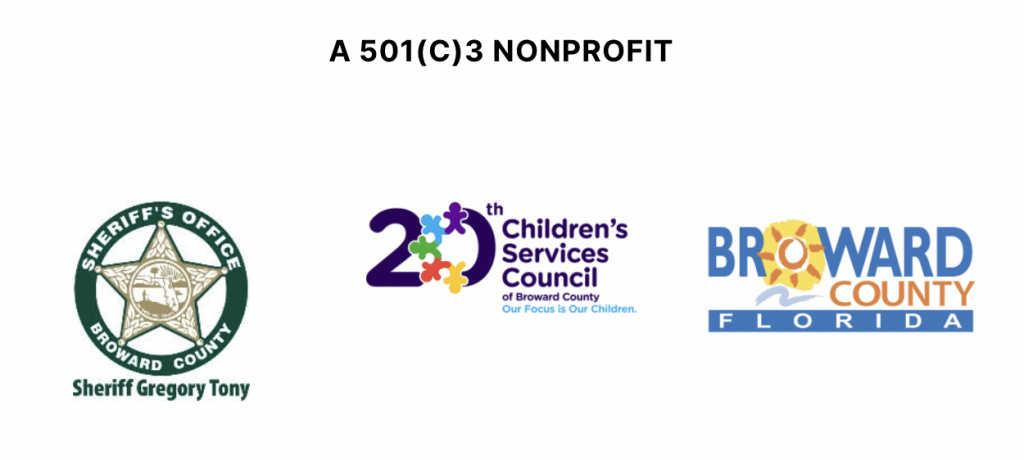
Image by Canva
You may not be aware of it, but there is so much more happening in your mind than you realize.
Your brain functions as an extremely complicated computer, taking in information, processing that information, and then providing you with a conclusion. Your brain is managing enormous volumes of information every single day, and all of it is being filtered through the lens of your experiences and belief systems.
In a way, you can think of your brain as computing hardware. This hardware needs to be given instructions about how to function, in other words, it needs a software operating system.
Continuing with this tech-based analogy, I want you to think about what it is like to use your computer or smartphone. While you have a broad range of apps that you can choose to use (consciousness), there are many other processes running in the background that you do not directly control (subconsciousness).
Much like your computer, the apps you chose to run (actions and behaviors) will affect the programs running in the background (subconscious thoughts and beliefs.). The opposite is also true. Your subconscious thoughts will affect your actions and behaviors.
Our background software is always processing information and sending back output. We just have to listen to what it is telling us.
Your brain is like a computer
Like any computer your brain needs input, and this data comes in many forms:
- Your immediate surroundings and environment.
- The people you interact with.
- The actions you take, and activities that you participate in.
- Sensory information such as smell, touch, sight, taste, and sound.
All this input is processed continuously whether you are aware of it or not. Truthfully, let’s be thankful that we aren’t aware of all of it. Can you imagine how difficult life would be if we had to make conscious efforts to move every single muscle every time we took a step? Every time we took a breath? Every time we swallowed and digested food? There would be no room to process higher thoughts. All our mental energy would be focused on physiologic survival.
Similarly, many of our emotions are processed through subconscious channels. This allows us to focus on more pressing and immediate thoughts and actions.
Our background software is always processing information and sending back output. We just have to listen to what it is telling us.
Feeling uneasy around certain people or situations
We can be quick to dismiss uneasy ‘gut’ feelings when being introduced to certain people or situations. We might minimize this feeling as being the result of social anxiety, nerves, or perhaps personal biases. However, these feelings are coming from somewhere. Our past experiences and the conclusions we reach from those experiences can shape our perceptions of future interactions.
That ‘gut feeling’ you have maybe your unconscious mind warning you that you are about to repeat something unpleasant from the past. You may be picking up on signals that are similar enough to previous experiences to where your brain is registering a warning not to do it again.
You should listen to that inner voice when it is telling you that something is wrong. The next time you get that unsettling feeling when you encounter a person or situation, listen to what it is telling you.
Having recurring dreams
There are still debates among medical scientists and psychologists as to why humans (and seemingly other mammals) dream when they sleep. On the surface there does not seems to be an obvious evolutionary advantage or purpose to dreaming.
It is not until we open ourselves to the idea of subconscious processing that we begin to formulate a possible explanation for why we dream.
Dreams may reflect our internal state. They may be a way for our minds to sort through and untangle complicated thoughts and emotions that we experience throughout the day. Recurring dreams may hold clues as to why we feel the way we do or may even reveal emotional dilemmas that we were not aware of.
Dreams may be amusing, bizarre, joyful, or even scary. If you are having the same dreams over and over again, it may be your mind’s way of trying to communicate with you.
Experiencing an unexplained feeling of clarity
Have you ever suddenly felt an almost euphoric feeling of peace, relief, or gratitude? If you have, it could be a message from your subconscious. Under stressful or uncertain circumstances, we may make decisions that we are uncertain about. We may doubt ourselves and our ability to do the right thing.
Our subconscious mind can process information much faster than our rational conscious mind can. But sometimes there can be a delay in our emotional state, especially in times of stress and uncertainty.
New information received by your subconscious mind can result in new emotions, but we are not always in sync as to when that update occurs.
Think of this emotional state as being anti-anxiety.
If you ever suddenly feel as if everything is going to be okay, embrace it. It may be your mind’s way of telling you that you have made the right choices.
Recurring thoughts
Much like recurring dreams, recurring thoughts can indicate a desire to finalize an unresolved emotional block. Some thoughts can be negative and intrusive and may require the help of a therapist to help you resolve them.
Don’t ignore recurring thoughts, especially if they are hindering your personal or professional life.
Allowing your subconscious mind to better communicate with you
Practicing mindfulness can help your deeper consciousness process and communicate new information. Many of our negative emotions and intrusive thoughts are from our suborn reluctance to listen to what our consciousness is trying to tell us.
Read more about Mindfulness here and associated breathing techniques here.
Citations:
Bargh, John A, and Ezequiel Morsella. “The Unconscious Mind.” Perspectives on psychological science : a journal of the Association for Psychological Science vol. 3,1 (2008): 73-9. doi:10.1111/j.1745-6916.2008.00064.x
Carey, Benedict. “The Subconscious Brain – Who’s Minding the Mind?” The New York Times, 30 July 2007, www.nytimes.com/2007/07/31/health/psychology/31subl.html.
Martinez-Conde, Susana. “Subconscious Sight.” Scientific American Mind, vol. 19, no. 2, 2008, pp. 48–53., www.jstor.org/stable/24939848. Accessed 3 May 2021.
Psych2Go. “6 Signs Your Subconscious Is Trying To Tell You Something.” YouTube, uploaded by Psych2Go, 31 July 2020, www.youtube.com/watch?v=xrJ0mN-l5AI&list=PLbPJLaLL5_ENqax0xTBoEGV5mxNmkseHQ&index=43.


No responses yet